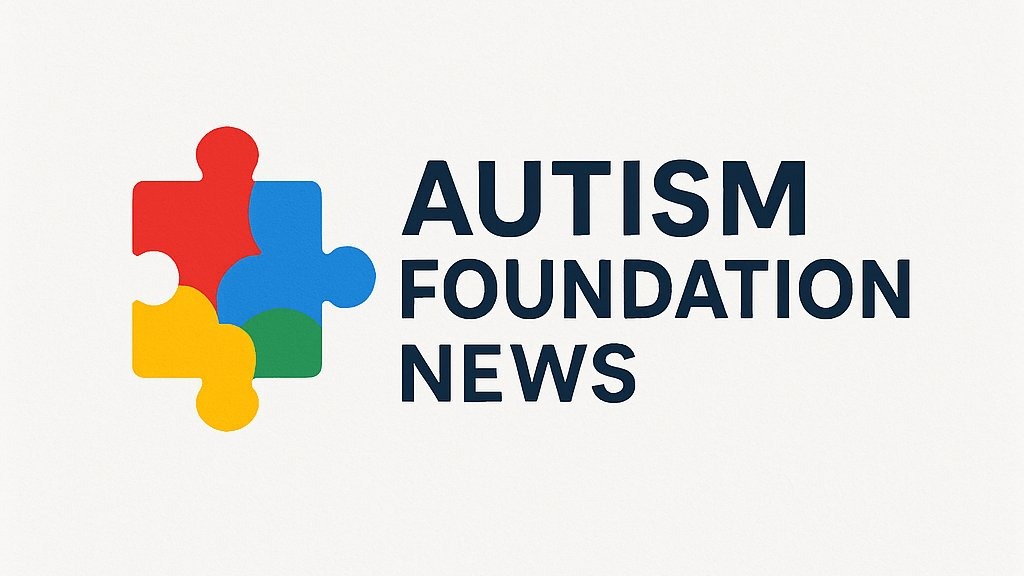
New Leadership at the American Society for Nutrition: A Fresh Perspective
The American Society for Nutrition (ASN) recently celebrated a significant transition in its leadership, welcoming Dr. Naïma Moustaïd-Moussa as its new President. This change marks a pivotal moment for the organization, which has long been at the forefront of advancing nutritional science and practice. Dr. Moustaïd-Moussa’s appointment signals a commitment to fostering innovative approaches in nutrition, particularly in the context of diverse dietary needs, which is especially relevant for individuals with unique health considerations.
Dr. Moustaïd-Moussa’s Vision for Nutrition
Dr. Moustaïd-Moussa, celebrated for her extensive research and advocacy in nutrition, is particularly focused on bridging gaps in dietary practices among different populations. Her leadership promises to emphasize inclusivity, ensuring that specific nutrient needs—such as those arising from autism or other health-related conditions—are addressed in practices and policies. This focus is essential, as families and healthcare professionals continue to seek effective nutritional strategies to support the well-being of individuals with autism.
Why This Matters for the Autism Community
For families navigating the complexities of nutrition for individuals with autism, leadership changes within the ASN are crucial. With heightened awareness of how certain diets can influence health and behavior, Dr. Moustaïd-Moussa's initiatives may lead to new resources and research that inform better dietary choices. It opens the door to potential developments in autism-friendly foods and dietary supplements that cater to the unique nutritional needs of this community.
Impact on Nutrition Research and Resources
The new board of directors also brings a wealth of experience that is set to enhance the ASN's outreach and educational efforts. Under this fresh leadership, there is potential for increased collaboration between researchers and caregivers, ultimately translating findings into practical applications for families. This partnership can lead to more effective dietary interventions and improved resource availability for health practitioners working with autistic individuals.
Building a Supportive Community
The American Society for Nutrition’s evolving leadership under Dr. Moustaïd-Moussa is much more than a change in management; it represents a progressive step towards an inclusive approach to nutrition. It aims to foster a supportive community where caregivers can access critical knowledge and networks. Families looking for guidance and solutions will benefit from a nurturing space that recognizes and validates their experiences, leading to better health outcomes.
Ultimately, Dr. Moustaïd-Moussa's presidency symbolizes hope and commitment towards an era of enhanced nutrition advocacy, particularly for those navigating the unique challenges posed by autism. This new leadership’s dedication highlights the importance of addressing diverse nutritional needs and fostering community connections, thereby encouraging healthier lifestyles for all.
Now, as we look forward, it's crucial for the autism community to engage with these developments actively. Families and professionals should stay informed and involved as the ASN rolls out new initiatives that can greatly impact the health and well-being of their loved ones.
 Add Row
Add Row  Add
Add 




Write A Comment